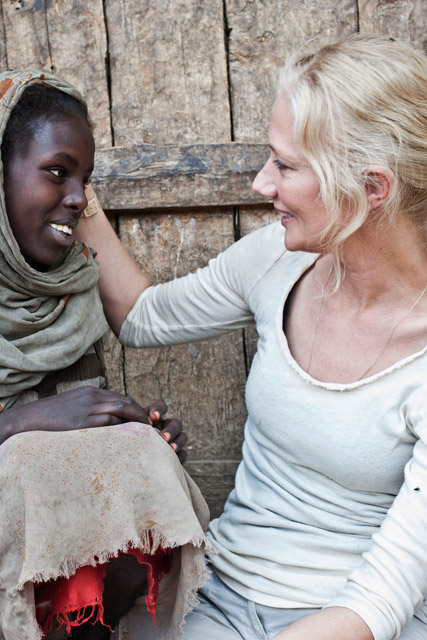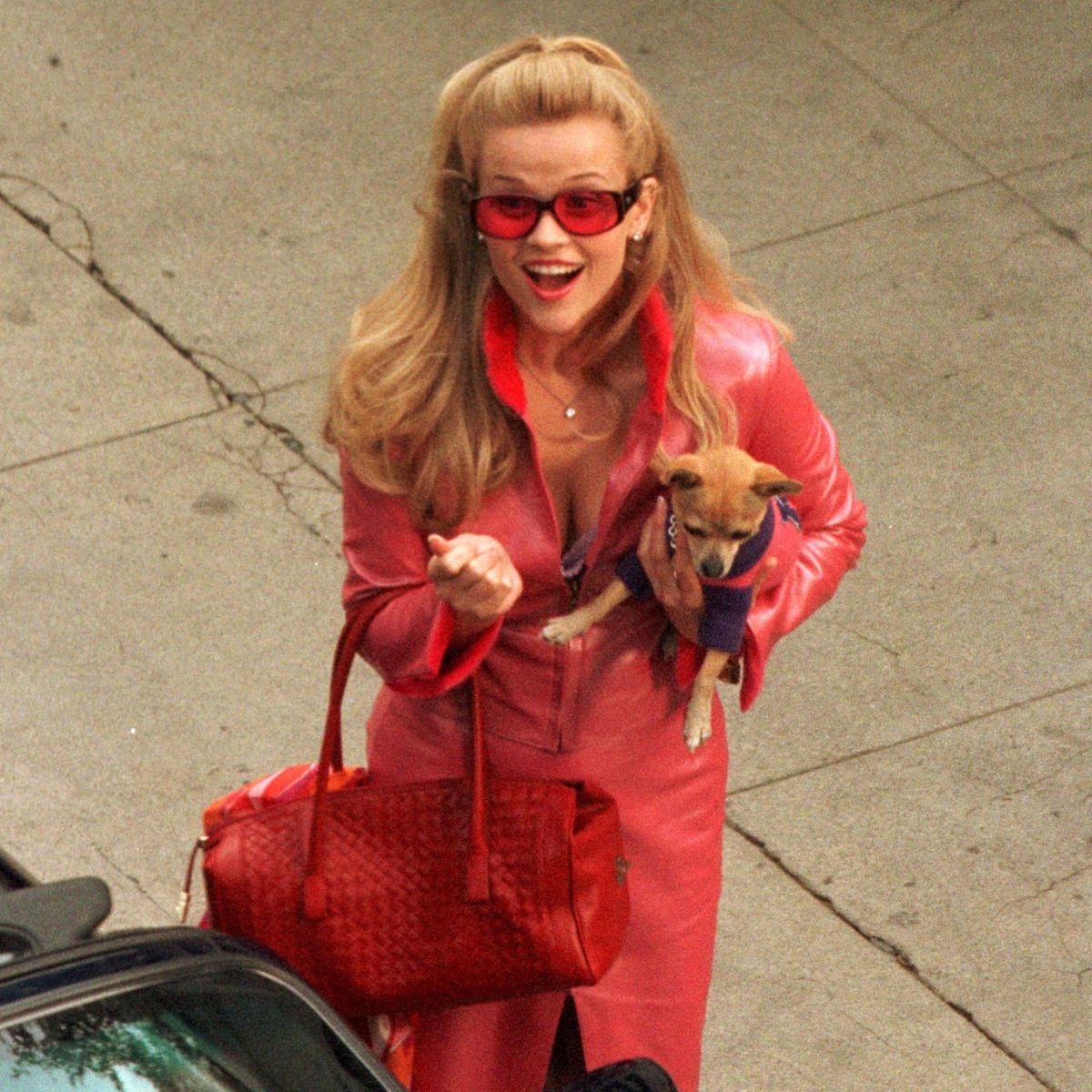Joely Richardson supports Save the Children
To coincide with the London Summit on Family Planning, Joely Richardson shares her experiences of visiting Ethiopia with Save the Children

To coincide with the London Summit on Family Planning, Joely Richardson shares her experiences of visiting Ethiopia with Save the Children
To coincide with the London Summit on Family Planning, Joely Richardson shares her experiences of visiting Ethiopia with Save the Children.
When Tamrea was 12, she married a man in his thirties. She didn’t want to, but like most 12 year olds, she ultimately did what the grown-ups around her said. Soon after her marriage, she was pregnant. Her husband took fright and ran. Before she reached 13, and after a six day labour she describes as 'terrifying', Tamrea was a single mum. Tamrea lives in the Amhara region of northern Ethiopia, where I visited last week with Save The Children. And sadly, her story is not unique. Although the legal age for marriage in Ethiopia is 18, in Amhara half of all girls are subject to arranged married by the age of 15. For many young girls, ‘marriage’ means having forced sexual relations with a virtual stranger. Unbelievably, according to research conducted in the area, 95 percent of girls don’t know their husbands before marriage, and 85 percent were given no warning that they were about to be married. Most of the girls had not even begun menstruating at this age and, most tragically of all, 81 percent said their sexual initiation was physically forced. Large swathes of Ethiopia are rural and extremely poor and despite the efforts of the Ethiopian government, many remain without access to family planning information or even basic medical services. When girls and women do get pregnant, only one of them in ten manages to give birth in a health facility. Perhaps no surprise then, that Ethiopian women are almost 50 times more likely to die in childbirth than women in the UK. When the girls are as young as Tamrea was, the risks are much greater again. Girls under 15 are five times more likely to die in childbirth than women in their twenties. In truth, Tamrea is lucky to be alive. According to a new report by Save the Children, one million girls are killed or injured by pregnancy every year, making it the biggest killer of teenage girls in the world. When girls become pregnant as young as 11 or 12 – as is horrifyingly common in many parts of the developing world – their little bodies are not developed enough to deliver naturally and not enough medical assistance nearby. They are also at massive risk of prolonged and obstructed labour and the consequences can be devastating. Every year, up to 100,000 girls and women worldwide develop obstetric fistula – a horrific and deeply humiliating condition that if left untreated can leave a girl incontinent for the rest of her life. Putting moral objections aside, there are basic medical reasons why girls should not be getting pregnant at 12 years old and we must strive for a world in which girls like Tamrea, and countless others like her, are allowed to enjoy their childhoods before being forced to bear children themselves. In the UK, we take for granted that as women we can decide for ourselves when to have children, how many children to have or whether to have children at all. But over 220 million women in the world don’t have this power. On July 11, David Cameron is hosting a world summit on this very issue in London. It’s vital that world leaders at this summit commit to providing universal access to family planning, but also empowers girls and women to use it. In Amhara, in their little house with the floors of dust and the dented tin roof, Tamrea is now 17 and her child, a beautiful and feisty girl she named Seada Indris, is at school. Tamrea is outspoken and angry about her situation. Her pregnancy meant she never got past primary school but she is determined that Seada Indris will not suffer the same fate. Poignantly, each day when Seada Idris returns from classes, she teaches her mother the day’s lessons. It reinforces Tamrea’s own youth and her own vulnerability. Forced to grow up too fast, the roles in her household have become confused. Tamrea is determined that little Seada Indris will finish her education and have the choices that she never had.
Joely Richardson is an actress and Save the Children ambassador.
To sign Save the Children's petition please visitgivegirlspower.savethechildren.org.uk/action1.html
Marie Claire Newsletter
Celebrity news, beauty, fashion advice, and fascinating features, delivered straight to your inbox!
The leading destination for fashion, beauty, shopping and finger-on-the-pulse views on the latest issues. Marie Claire's travel content helps you delight in discovering new destinations around the globe, offering a unique – and sometimes unchartered – travel experience. From new hotel openings to the destinations tipped to take over our travel calendars, this iconic name has it covered.


